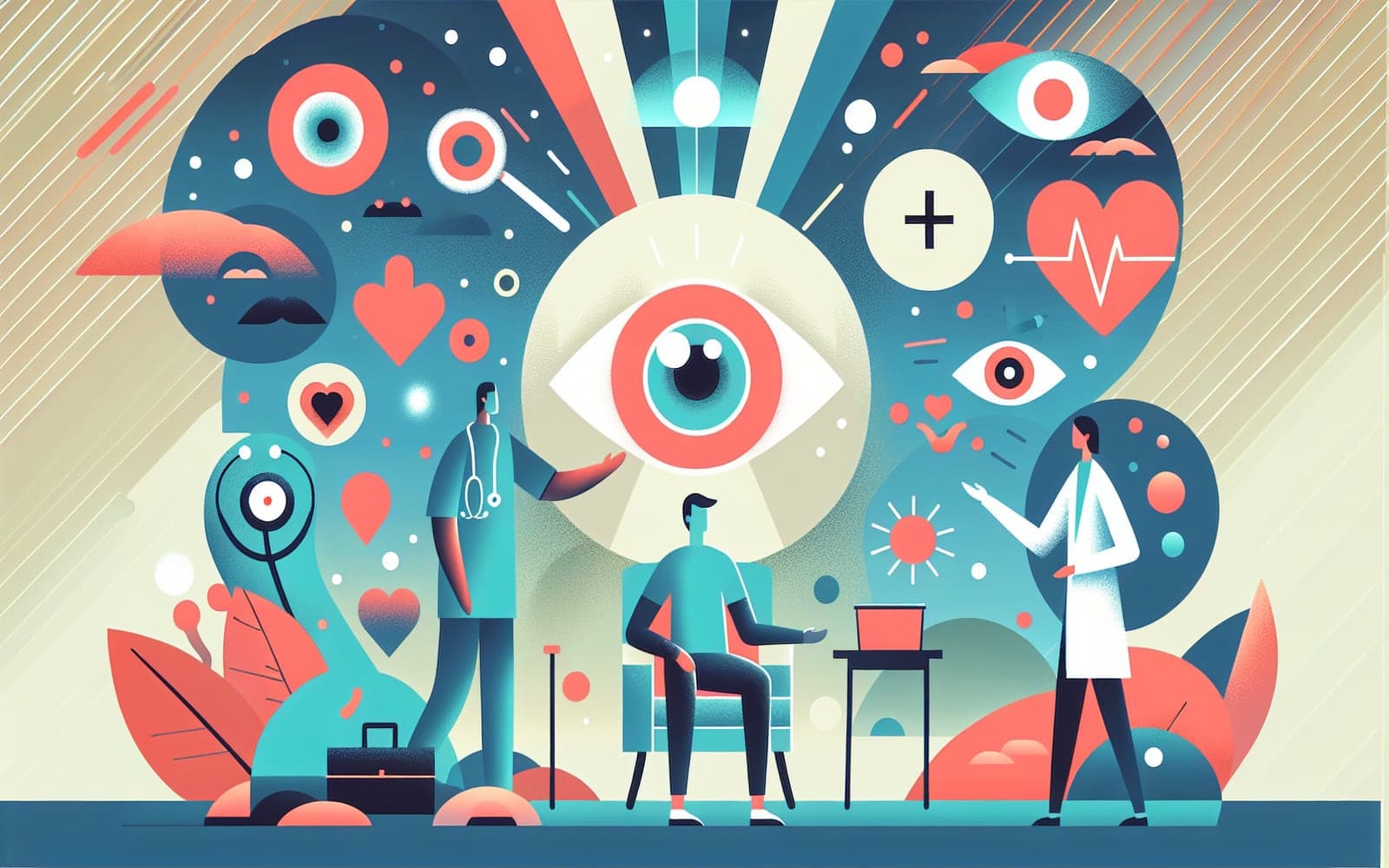Preventing Red Eye: Tips and Tricks
Published: Mar 11, 2024
Preventing red eye can spare you from discomfort and potential vision issues. Discover how simple lifestyle changes can help.
Contents
Maintain Good Eye Hygiene
Keeping your eyes clean is one of the simplest ways to prevent red eye. Regularly wash your hands before touching your face or eyes to avoid transferring bacteria. If you wear contact lenses, follow proper care guidelines to reduce the risk of infections. Always remove makeup before bed to avoid irritation or blockage of tear ducts.
Protect Your Eyes from Irritants
Environmental factors like dust, smoke, and pollen can contribute to red eye. Wearing sunglasses can shield your eyes from wind and UV rays, reducing irritation. If you have allergies, consider using air purifiers indoors and taking antihistamines to control symptoms. Keeping windows closed during high pollen seasons can also help.

Stay Hydrated and Rested
Adequate hydration is crucial for maintaining tear production and preventing dry eyes. Make sure to drink enough water throughout the day. Additionally, ensure you get enough sleep to allow your eyes to rest and recover, reducing the chances of redness and irritation. Avoid excessive screen time, which can strain your eyes.
Frequently Asked Questions
Practice good eye hygiene and protect your eyes from environmental irritants.
Yes, staying hydrated helps maintain tear production and prevent dry eyes.
Yes, sunglasses protect your eyes from wind and UV rays, reducing irritation.
Adequate sleep allows eyes to rest and recover, reducing redness and irritation.
Key Takeaways
Simple lifestyle changes can effectively prevent red eye and maintain healthy vision.
Get started by implementing these tips and talk to Doctronic for more personalized advice.Related Articles
References
Leibowitz HM. The red eye. N Engl J Med 2000; 343:345.
Always discuss health information with your healthcare provider.

